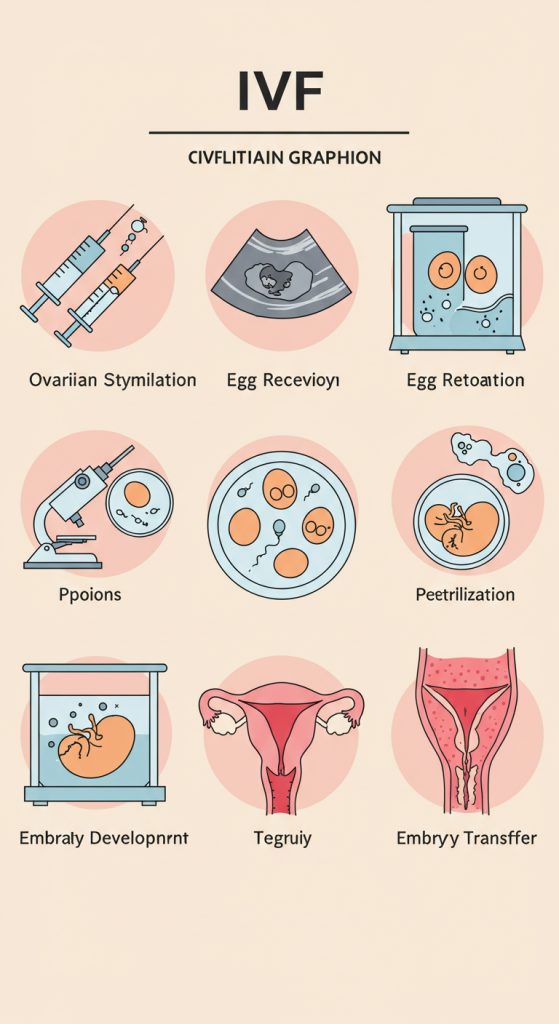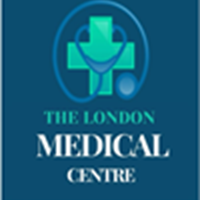What is IVF? A Simple Guide for Everyone
In Vitro Fertilization, commonly known as IVF, is a medical procedure that helps couples who have difficulty conceiving naturally to have a baby. It is one of the most effective fertility treatments available and provides hope for many families struggling with infertility.
In IVF, eggs are collected from the woman’s ovaries and fertilized with sperm outside the body in a laboratory, often called a “test tube baby” process. The fertilized eggs, called embryos, are then carefully placed back into the woman’s uterus. If the embryo implants successfully, a pregnancy begins just like a natural one.
IVF offers a practical and scientifically advanced solution by overcoming many of the natural barriers to conception. Here are some key benefits of IVF:
Higher Success Rates: IVF gives couples a better chance of conception than other fertility methods. By fertilizing eggs in a controlled lab environment, doctors can select the healthiest embryos for transfer, increasing pregnancy chances.
Helps Both Men and Women: Infertility can be caused by either partner or both. IVF can overcome female issues like blocked tubes or ovulation disorders and male issues such as low sperm count by techniques like injecting sperm directly into the egg.
Genetic Screening: IVF allows doctors to test embryos before implantation for genetic diseases. This reduces the risk of miscarriage and increases the likelihood of having a healthy baby


In Sri Lanka, infertility affects a significant number of couples. The Sri Lankan Society of Assisted Reproduction (SLSAR) and various clinics have developed advanced IVF programs to help families realize their dream of parenthood. IVF is conducted following international standards ensuring safety, success, and affordable care.
Several fertility centers across Sri Lanka provide IVF cycles along with counseling and support throughout the treatment. These centers contribute to addressing subfertility issues by using modern medical technology combined with personalized patient care.
Conclusion
IVF is a hopeful, effective, and well-established treatment for couples facing challenges in conceiving. It breaks down many barriers to pregnancy and offers a pathway to parenthood when natural methods have failed. With Sri Lanka’s increasing access to IVF services, more families have the opportunity to build their futures.
If you or someone you know is struggling with infertility, seeking professional IVF consultation and care may be the next step toward achieving the joy of having a child.

